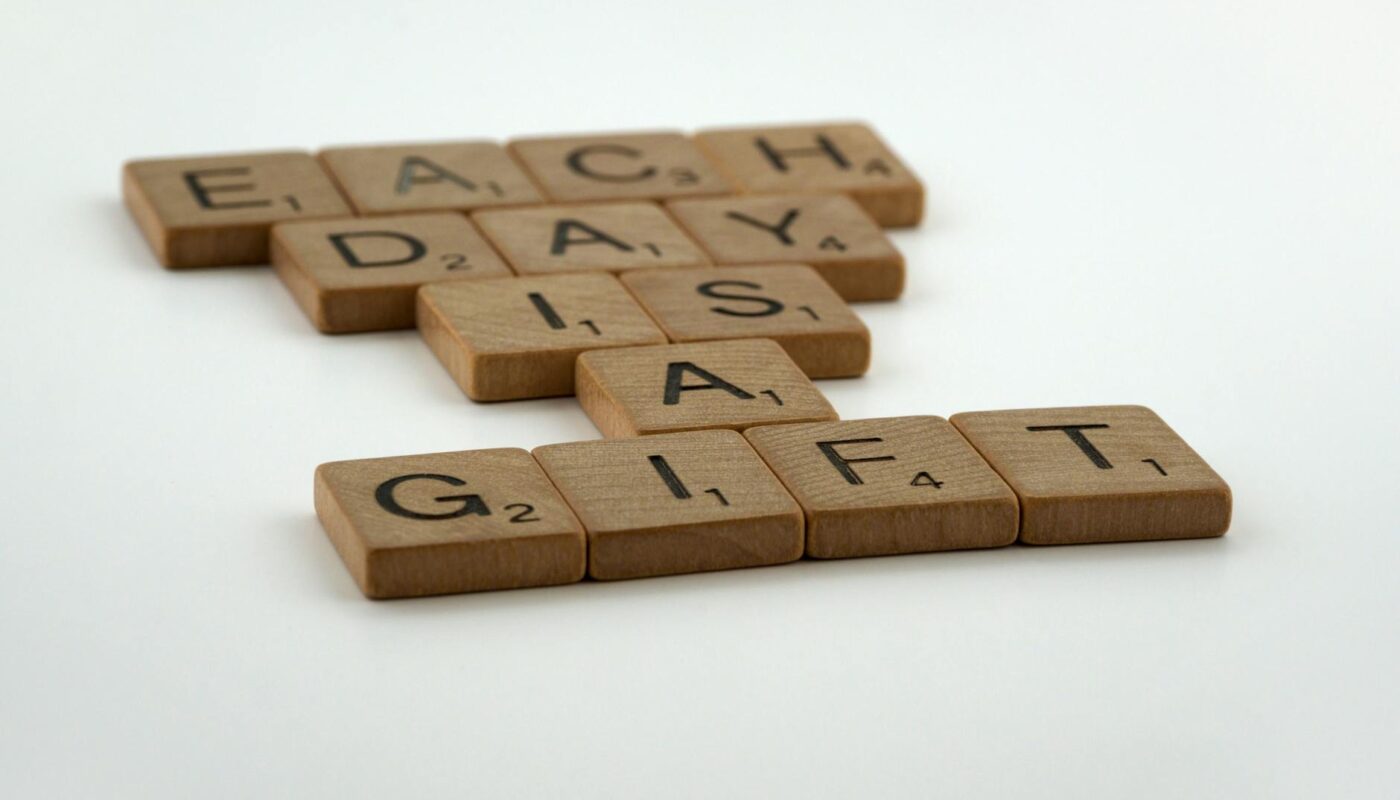Many people worry about their credit score, and it’s understandable. A good credit score opens doors to lower interest rates on loans, better insurance rates, and even some apartment rentals. But surprisingly, many things you might *think* impact your credit score actually don’t. Let’s clear up some common misconceptions.
Checking Your Credit Score
Constantly checking your credit score through reputable services like AnnualCreditReport.com or through your bank or credit card company won’t hurt your score. In fact, it’s a good habit to monitor your credit report regularly to detect any potential issues such as identity theft. 
Paying Cash
Paying for things with cash instead of credit cards won’t directly affect your credit score. While using credit cards responsibly is a key part of building credit, not using them doesn’t negatively impact your score. This is because credit scores are based on how you manage credit, not whether you use it at all. To learn more about building credit, see our guide on building good credit habits.
Small Balance Transfers
Transferring a small balance from one credit card to another will typically not significantly affect your credit score. However, frequently transferring balances or applying for many cards in a short time can hurt your score. It’s a good idea to keep track of your credit utilization ratio (learn more here) to avoid negative impacts.
Paying Bills Early
While it’s financially smart to pay your bills early, it doesn’t directly improve your credit score. Credit bureaus primarily look at whether your payments are made on time, not whether they’re made early. The important thing is to ensure you meet the payment deadline. 
Checking Account Balance
Your checking or savings account balance has absolutely no effect on your credit score. These accounts are entirely separate from your credit report. Focus on managing your finances responsibly across the board, but remember that your credit score is based on your credit accounts alone.
Inquiries from Specific Lenders
While numerous credit inquiries from many lenders within a short period can lower your score, a single inquiry from one lender, such as when pre-approved for a loan, doesn’t impact your credit score negatively. This is because lenders generally understand that people shop around for the best rates.
Your Income
Your income level, while vital for your financial well-being, doesn’t directly influence your credit score. Credit scoring models don’t consider your salary or earnings. Focus on responsible credit usage, regardless of your income.
Paying Off Your Credit Cards Completely
Paying your credit cards in full each month is generally a good practice and may even improve your credit score indirectly because it keeps your credit utilization ratio low. However, completely paying off the card isn’t a major factor in itself; how you manage credit over time is what really matters. Read more about managing your credit card debt efficiently. [IMAGE_3_HERE]
In conclusion, while maintaining a healthy credit score is important, remember to focus on responsible credit management. Don’t get caught up worrying about things that have no bearing on your credit rating. Instead, prioritize making on-time payments and keeping your credit utilization low. For more financial advice, check out this great resource: Investopedia.
Frequently Asked Questions
What is a good credit score? Generally, a credit score above 700 is considered good. Scores in the 800s are excellent. However, the exact definition of a ‘good’ credit score can vary based on the specific scoring model used.
How often should I check my credit score? It’s a good idea to check your credit report at least once a year through AnnualCreditReport.com to monitor for any errors or signs of identity theft.
What is the impact of a missed payment? A missed payment can severely damage your credit score, even if it’s just one payment. It’s extremely important to make all payments on time.
Can I improve my credit score quickly? Improving your credit score takes time and consistent effort. It’s not something you can fix overnight. Focus on responsible practices and be patient.




